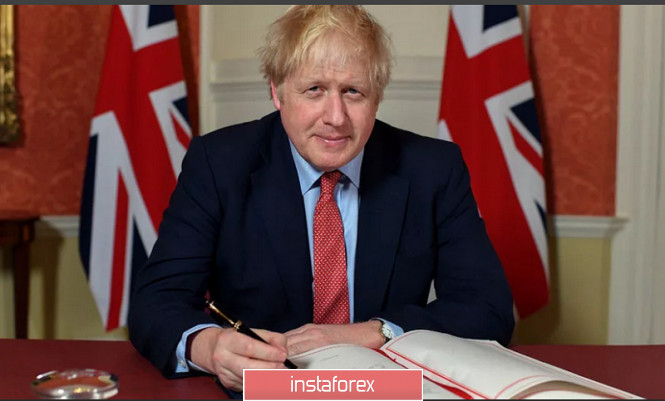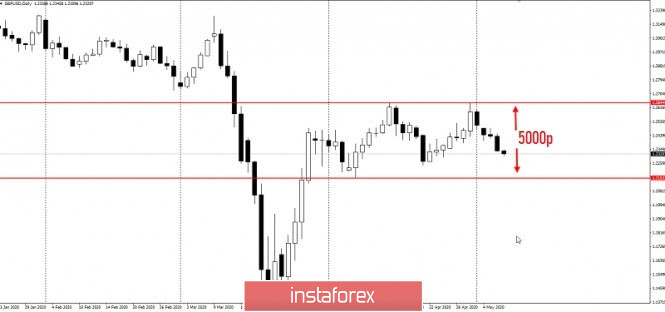
UK to lift quarantine on Monday, according to Prime Minister Boris Johnson on May 6.
Johnson said in a public statement that he would set out the next phase of government strategy, the reason of which is that it would be "good" for people to understand what to expect before the changes take into effect.
Seven documents were distributed by ministers to firms and enterprises, which contains action guidelines on how to safely resume work. These include social distance measures, as well as more stringent hygiene practices. The scheme to remove quarantine with social distance at workplaces will last until the end of June, after which it will be gradually lifted.
However, the gradual removal of restrictions delivered negative reactions from the Congress of Trade Unions. According to Conservative MP Jane Stevenson, many are "nervous" to return to work.
MP Paul Scully, on the other hand, defended Johnson's proposal, and said that employers and unions will have "many" opportunities to return to quarantine again.
From the very beginning, the quarantine scheme was designed to avoid massive lay-offs of UK workers. Thus, the scheme incorporated the Irish and German's idea to reduce work time everyday. Some Conservatives have suggested to make this scheme semi-permanent. The Kurzarbeit system (short-time working), which was already present for about a hundred years, attributes to the preservation of millions of jobs and pays 60% of wages, untaxed.
The adoption of the scheme grew universal loan applications by 1.8 million during the quarantine period, which helped avoid what economists call "hysteresis," the cutting effect of unemployment on the economy and public finances over the years. Currently, about 6.3 million jobs are paid by the government, accounting for one fourth of the total jobs in the UK.
The scheme is also a good form of employment insurance, operating through the private sector, rather than through the Department of Labor and Pensions. However, this is not part of the treasury plans, as they seek to confirm that support is temporary.
Current situation have caused massive lay-offs in the airline industry, the main reason of which is the lack of demand due to quarantine. Thus, the industry asked for an extension of the scheme until July, or October if possible.
The government is now trying to convey the message that enterprises should not rely too much on this unusual form of financing.
Many options are being discussed, but no clear decisions have been made yet.
Meanwhile, the GBP/USD pair is currently stuck in the channel between 1.21 and 1.26:

